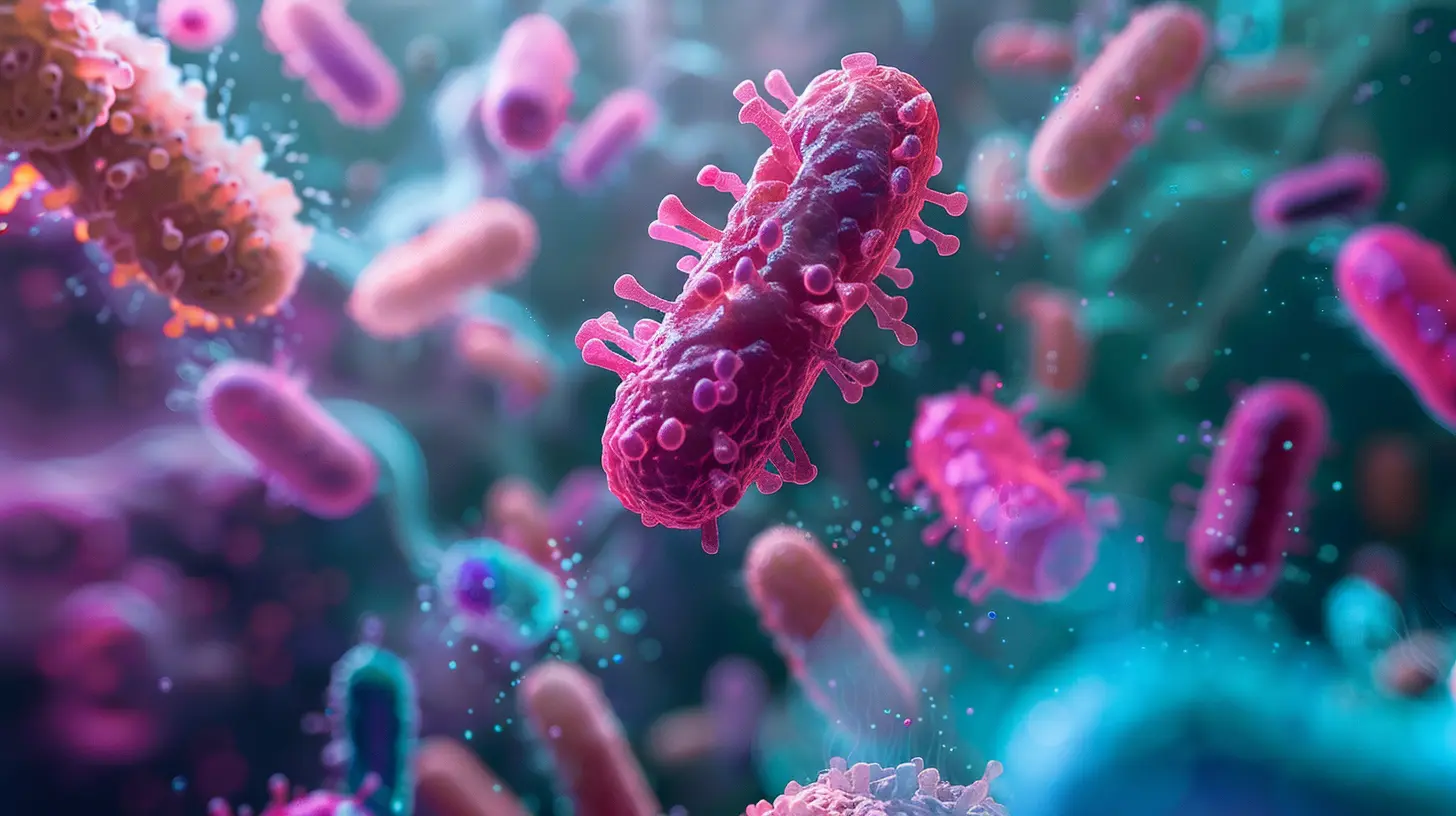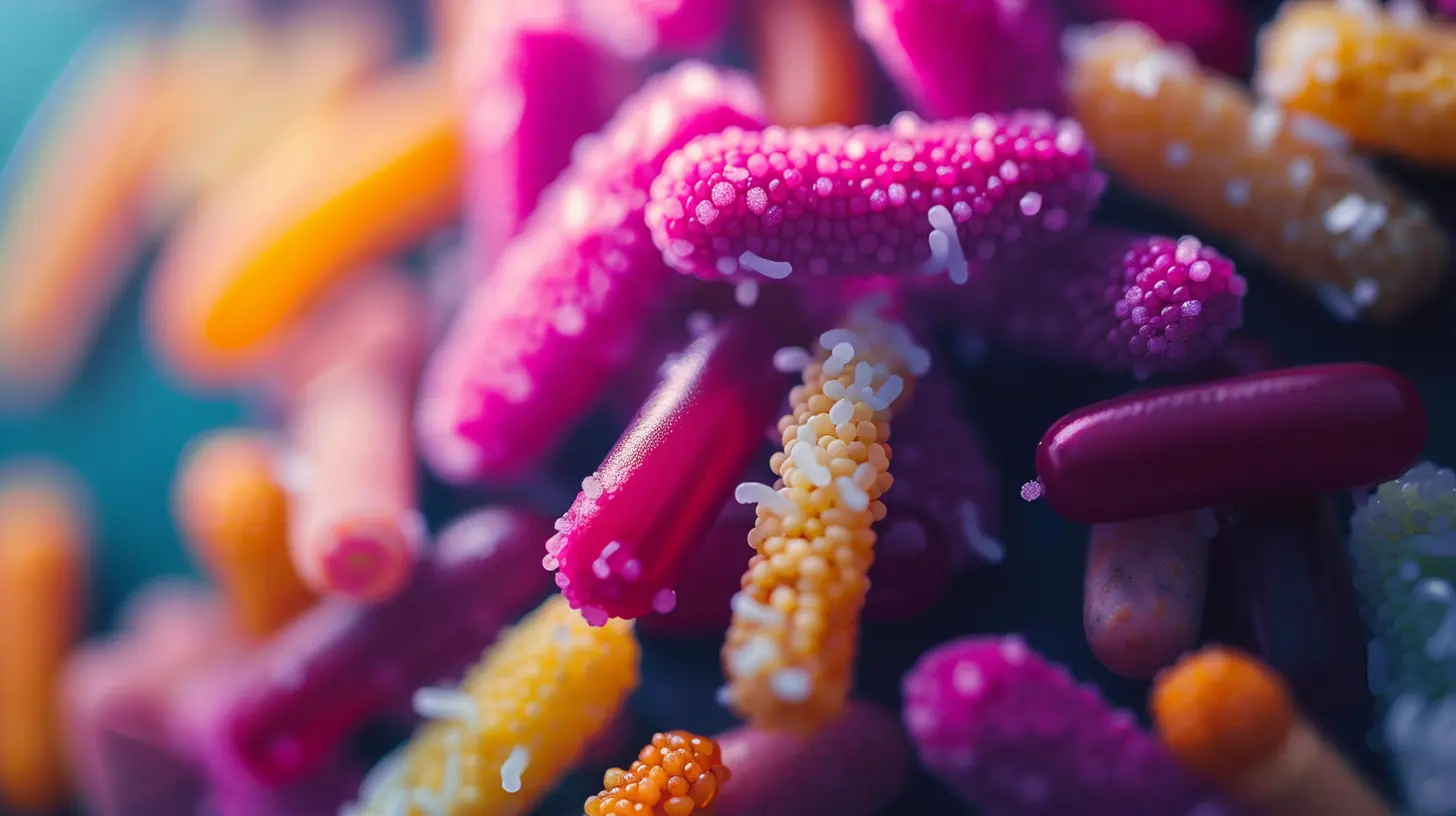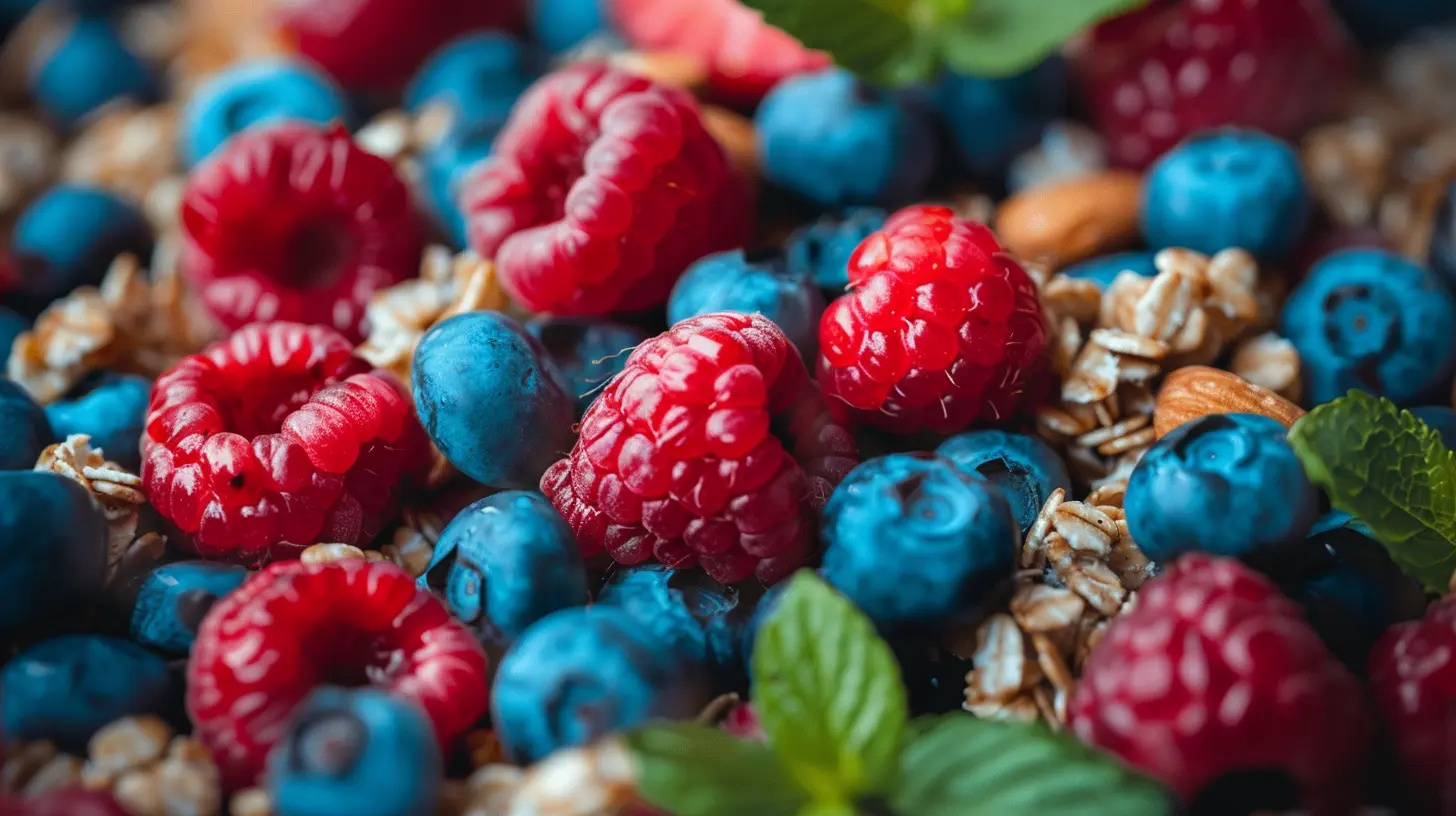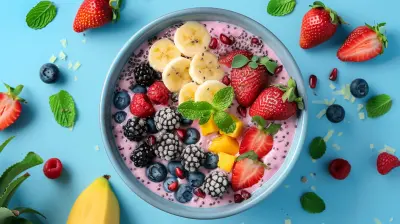16 December 2024
When we think about staying healthy, gut health might not be the first thing that pops into our heads, right? But let me tell you – your gut’s got its own backstage crew called the microbiome, and trust me, they’re kind of a big deal. They’re the unsung heroes working behind the scenes to keep your digestion on point, boost your immunity, and even impact your mental health. And guess what? These little guys love fiber. Yup, fiber is basically the VIP pass for your gut’s party.
But what’s the real science behind this relationship? Why does fiber play such a critical role in keeping your gut microbiome happy and thriving? Let’s break it down in simple terms and get cozy with the fascinating world of fiber and gut health. Ready to dive in? Let’s go!
What Is the Gut Microbiome, Anyway?
Picture this: Inside your digestive tract lives a complex micro-ecosystem made up of trillions (yes, trillions!) of microorganisms like bacteria, viruses, fungi, and other tiny critters. This is your gut microbiome. Sounds a bit creepy, huh? But don’t freak out; most of these microorganisms are actually good for you.Think of your gut microbiome as a bustling city. Each microorganism has a specific role, and together, they form a harmonious community that keeps your body running smoothly. These little residents help digest your food, protect against harmful invaders, and even produce essential vitamins. It’s like having an army of microscopic helpers!
But here’s the catch: They need food to survive and thrive – and that’s where fiber comes in.
What is Fiber, and Why Should You Care?
Okay, let’s clear something up. Fiber isn’t some fancy superfood; it’s just the part of plant-based foods (like fruits, veggies, beans, and whole grains) that your body can’t digest. Unlike fats, proteins, or carbohydrates that break down completely, fiber pretty much passes through your digestive system intact – all the way to your colon.So, why bother eating fiber if your body can’t even digest it? Here’s the kicker: Fiber isn’t meant to feed you; it’s meant to feed your gut bacteria. Think of fiber as the lunchbox you pack for the friendly bacteria in your gut. Without enough fiber, these little guys can’t do their job properly, and that can throw your gut health out of whack.
The Fiber-Microbiome Connection: A Love Story
Fiber and your gut microbiome are like two best friends who totally depend on each other. Here’s how it works:1. Fiber Feeds Good Bacteria (Prebiotics)
Certain types of fiber, called prebiotics, serve as food for the beneficial bacteria in your gut. When you eat fiber-rich foods, these bacteria ferment the fiber, breaking it down into compounds like short-chain fatty acids (SCFAs). Think of SCFAs as the ultimate energy boosters for your gut cells. They help maintain the integrity of your colon lining, reduce inflammation, and even regulate your immune system.
2. Fiber Keeps the Gut Microbiome Diverse
Ever hear the saying, “Don’t put all your eggs in one basket”? The same rule applies to your gut. A diverse microbiome – one with many different types of bacteria – is a healthy microbiome. Fiber encourages a wider range of bacteria to grow and flourish, creating a robust and balanced gut ecosystem.
3. Fiber Helps Maintain Gut Motility
You know that feeling when everything’s moving along smoothly in the bathroom department? You can thank fiber for that. Soluble fiber absorbs water and forms a gel-like substance that helps soften your stool (gross but true). Meanwhile, insoluble fiber adds bulk, helping to keep things moving through your digestive system like a well-oiled machine. A healthy gut transit time supports your microbiome by preventing harmful bacteria from overcrowding.
What Happens When You Don’t Get Enough Fiber?
Let’s be real: Most people don’t eat enough fiber. In fact, studies have shown that the average person only eats about 15 grams of fiber per day, while experts recommend at least 25–30 grams. So, what’s the big deal? Why does it matter if you skimp on fiber?Without enough fiber:
- Your gut bacteria may start starving – and when they go hungry, bad things happen. Some bacteria may begin munching on the mucus lining of your gut, which can lead to inflammation and gut barrier damage.
- The diversity of your gut microbiome may decline, leaving room for harmful bacteria to take over.
- Your digestion may slow down, leading to bloating, constipation, and other uncomfortable issues.
Basically, a lack of fiber can leave your gut feeling miserable – and since your gut health affects your entire body, that’s bad news for you, too.
Types of Fiber and How Each Benefits Your Gut
Not all fiber is created equal. There are two main types of fiber, and they each play a unique role in gut health:1. Soluble Fiber
Soluble fiber dissolves in water to form a gel-like substance. This type of fiber is fermented by gut bacteria, producing those magical short-chain fatty acids we talked about earlier. You’ll find soluble fiber in foods like oats, apples, citrus fruits, carrots, and beans.
Why it’s good for your gut: Soluble fiber feeds beneficial gut bacteria and promotes the production of SCFAs, which help regulate inflammation and support your gut lining.
2. Insoluble Fiber
Insoluble fiber doesn’t dissolve in water and pretty much passes through your system unchanged. You’ll find it in whole grains, nuts, seeds, and the skins of many fruits and vegetables.
Why it’s good for your gut: Insoluble fiber adds bulk to your stool, keeping your digestion regular and preventing constipation.
Foods Rich in Fiber: Your Gut’s Best Friends
If you’re ready to show your gut some love, it’s time to load up on fiber-rich foods. Here’s a quick list to get you started:- Fruits: Apples, berries, pears, bananas, and oranges
- Vegetables: Broccoli, Brussels sprouts, carrots, spinach, and kale
- Legumes: Lentils, chickpeas, black beans, and kidney beans
- Whole Grains: Quinoa, oats, brown rice, and whole wheat bread
- Nuts and Seeds: Almonds, chia seeds, flaxseeds, and sunflower seeds
Pro tip: When adding more fiber to your diet, go slow. Your gut needs time to adjust, and eating too much too quickly can cause bloating or discomfort. Oh, and drink plenty of water – fiber works best when hydrated!
How Fiber Supports Overall Health
Fiber isn’t just a gut-hero; it’s a multi-tasking superstar that benefits your entire body. Here’s a quick rundown of what fiber can do for you:- Lowers cholesterol levels
- Stabilizes blood sugar (great for people with diabetes!)
- Supports weight management by keeping you full longer
- Reduces the risk of heart disease
- May lower the risk of colorectal cancer
Seriously, is there anything fiber can’t do?
Final Thoughts: Your Gut Deserves Fiber
By now, I think we can all agree that fiber is one of the most underrated players when it comes to your health – especially your gut health. It’s like the fuel your gut microbiome needs to thrive. Without it, your gut bacteria can’t do their jobs properly, and that can lead to all sorts of health issues down the road.So, what’s the takeaway? Start paying attention to how much fiber you’re eating, and make it a priority to include more fiber-rich foods in your diet. Your gut will thank you – and so will the rest of your body.
Now, go ahead and grab an apple or sprinkle some chia seeds on your yogurt. Your microbiome will be partying in no time.









Elara Stevens
Essential for gut health—don’t skip!
March 13, 2025 at 4:06 PM